A year and a half ago, my boyfriend and I adopted a 1-year-old rescue dog from a shelter.
One day, after the first snow of the season, as we were walking to the park in the cold, Bella suddenly started limping. She refused to walk on her front left paw, and she looked up at me for help.
I immediately inspected her paw, but there was nothing wrong with it. I put her back down, and she started walking completely normal again.
As soon as I got home, I started researching what could have possibly happened. Was the concrete too cold for her paws? Did she step on a sharp piece of ice? Did the salt irritate her little feet?
With so many things could potentially go wrong, winter can be a scary time to be a pet owner. If you know what to prepare for, though, winter can be such a fun time to play with your fur baby!
Read below to find out more about the winter dangers every pet owner needs to know about.
Thumbnail Photo: Pacific Air Forces / Staff Sgt. Shawn Nickel
Danger #1: Sidewalks And Concrete
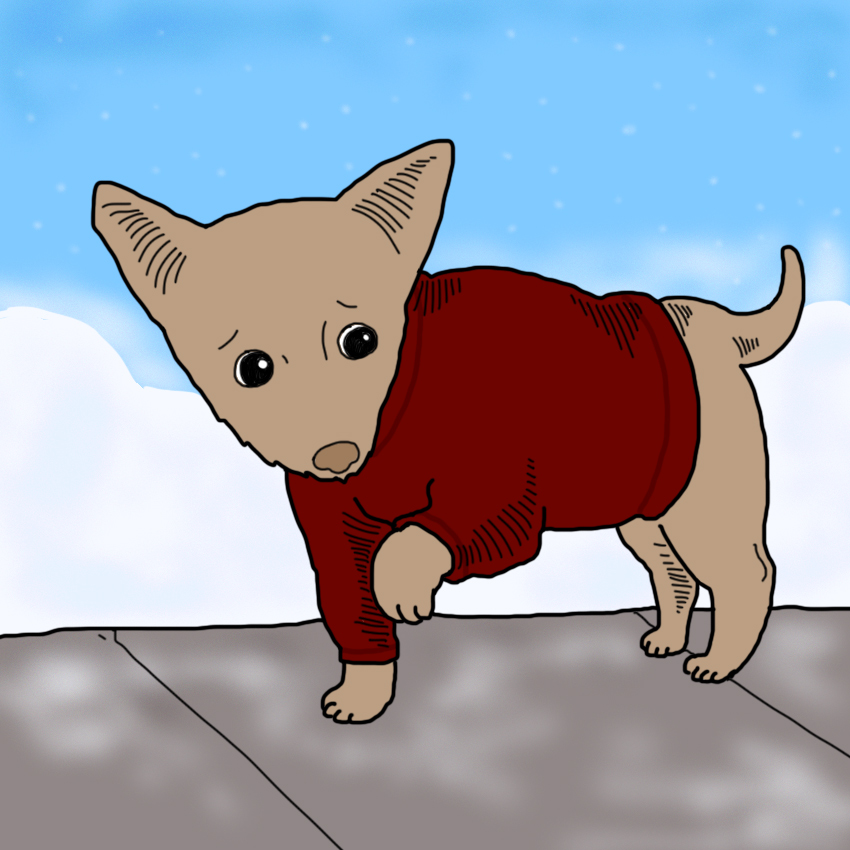
Pets' paws have extra padding, which makes them tougher against cold weather than the rest of their bodies, but that doesn't mean you can just assume they'll be fine for hours at a time.
Ice, snow, and salt can all hurt your pet's paws, so make sure you keep them safe from harm with booties or balms.
Danger #2: Boredom
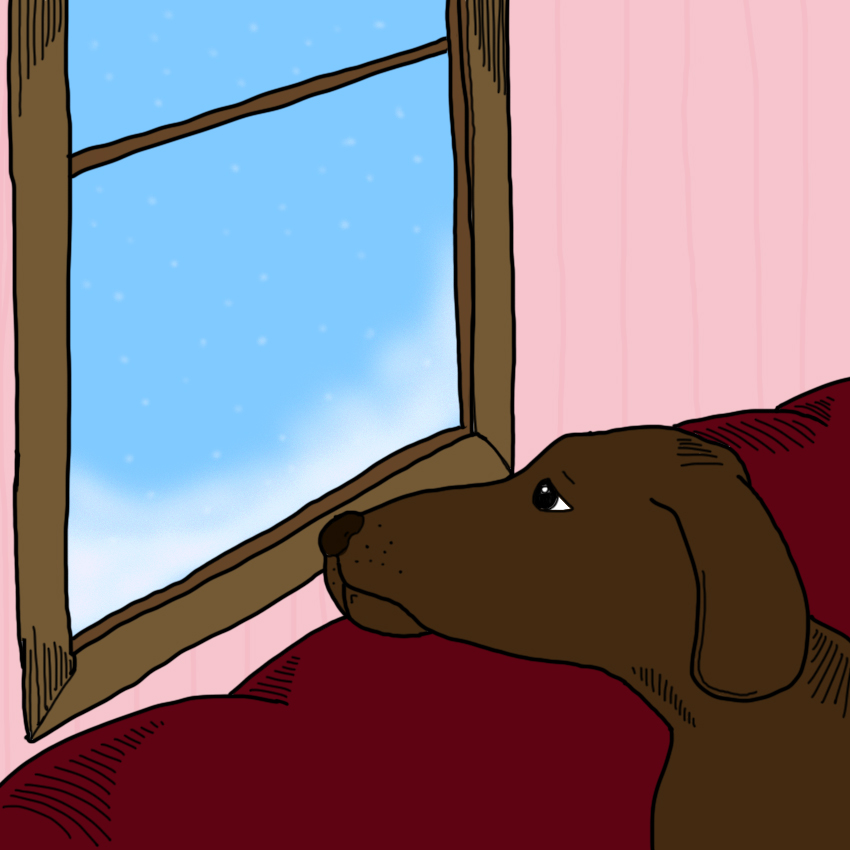
Like people, pets often get bored in the winter. When the weather is gross, both people and pets like to stay curled up inside.
If it's too cold for long walks, make sure to keep your pet occupied with active and engaging games and toys inside.
Danger #3: Cold Cars
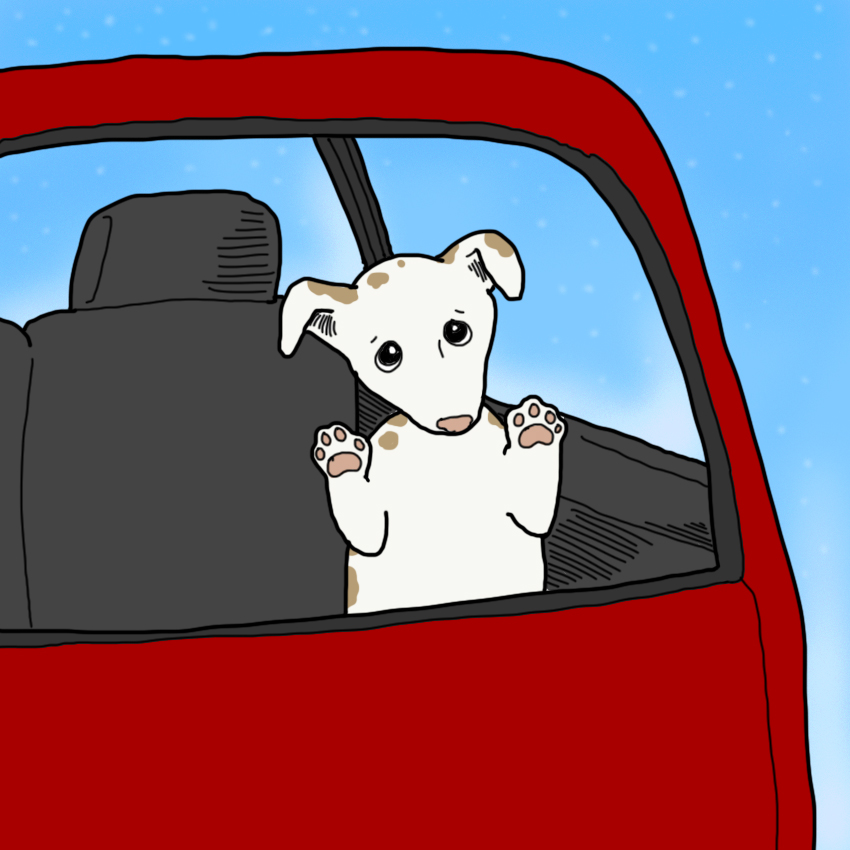
Pets should never be left alone in cars, period.
Whether it's summer or winter, pet owners shouldn't ever leave their animals in cars by themselves.
Just as cars can act as ovens in the summer, they can act as refrigerators in the winter.
Danger #4: Dry Air
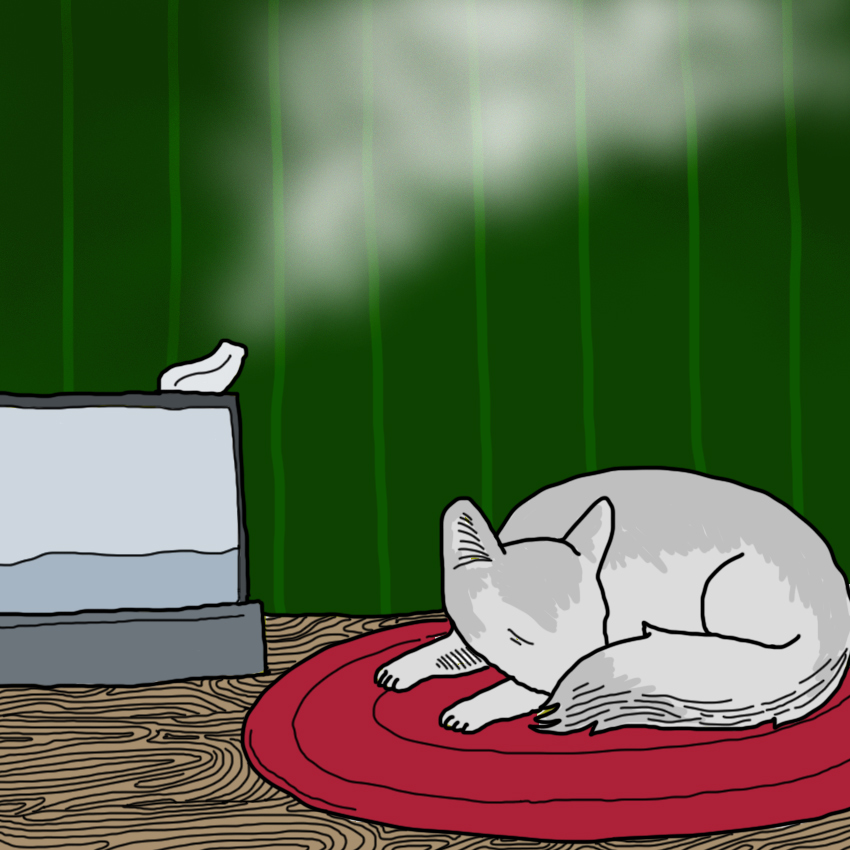
In most parts of the country, winter brings around very dry weather.
Unless you live in the Pacific Northwest, chances are you notice your skin, nose, and throat drying out during the winter months.
The same goes for pets! Dry air can also give pets upper respiratory infections, so talk to your vet about solutions or consider setting up a humidifier.
Danger #5: Fleas And Ticks
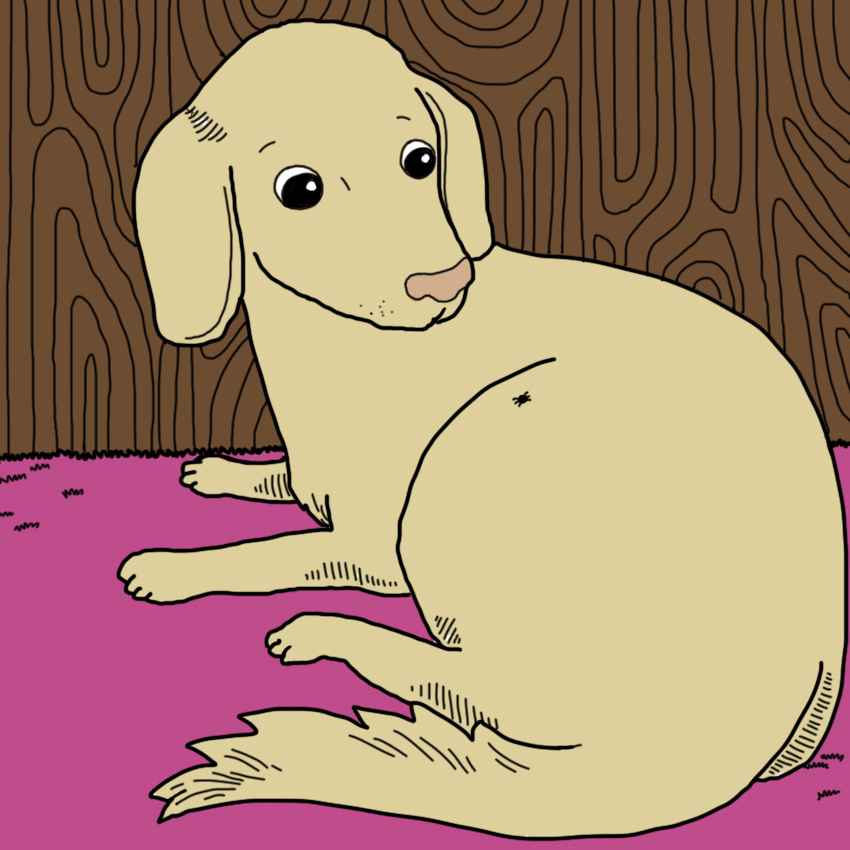
Just because it's winter doesn't mean there are no fleas and ticks around.
Cold weather does deter these little critters, but they may come inside to seek refuge from the cold.
Make sure you have year-round flea and tick treatment plans for your pets.
Danger #6: Weight Gain
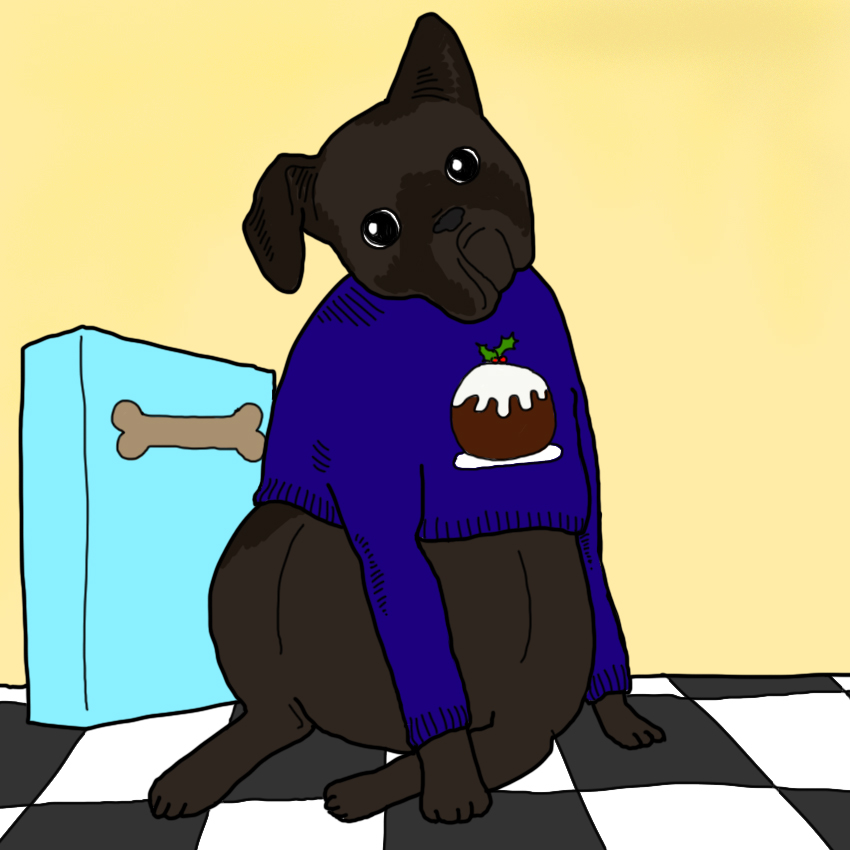
They may not eat holiday meals like humans do, but pets also commonly gain weight in the winter.
When the weather is cold, they tend to spend less time outside, which means they lead more sedentary lives.
Make sure that you watch how much your pet is eating and keep them as active as you can.
Danger #7: Fire Logs
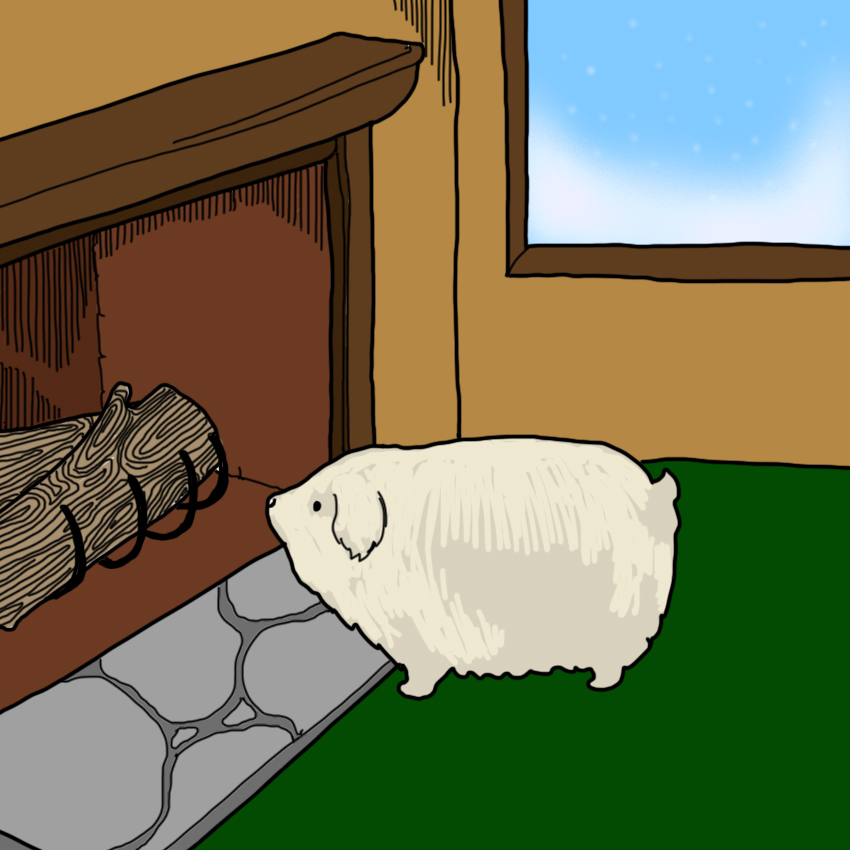
Dogs (and even cats) love chewing on sticks and pieces of wood.
If you keep piles of firewood stacked inside, make sure you watch your pets to keep them from ingesting anything they shouldn't.
Danger #8: Antifreeze
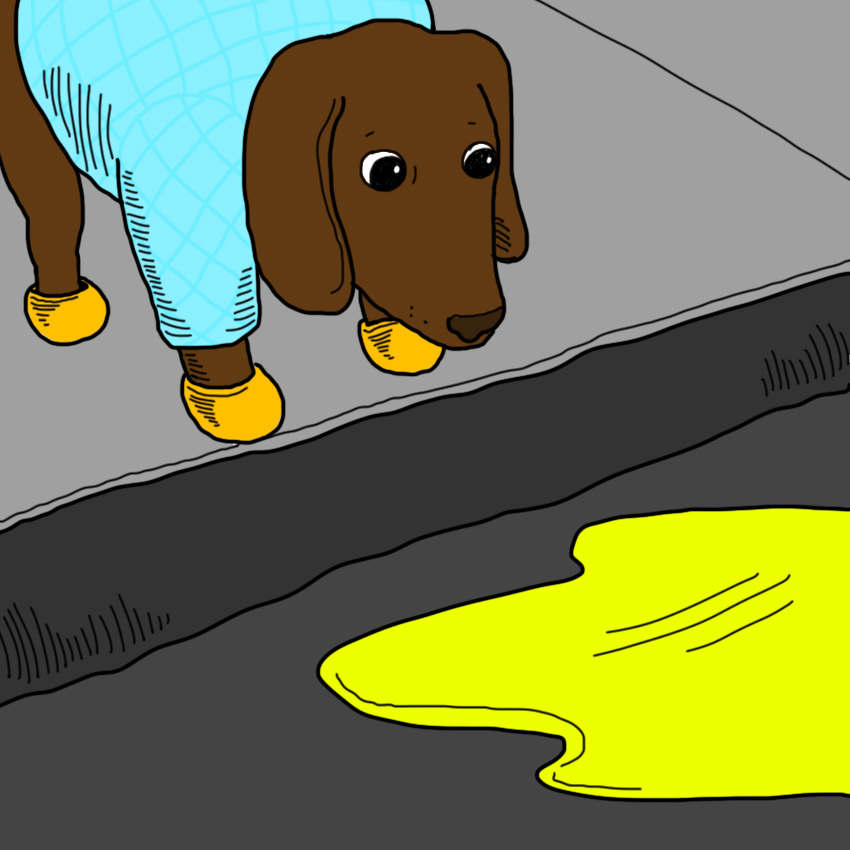
Antifreeze can be one of the scariest winter pet dangers.
Unfortunately, most cats and dogs find antifreeze appealing because of its sweet smell — but it can be toxic if it's ingested.
Keep bottles of antifreeze in areas pets can't get to, and make sure to keep your animals away from antifreeze if it spills outside. If they do ingest antifreeze, call poison control and seek immediate medical care.
Danger #9: Wires
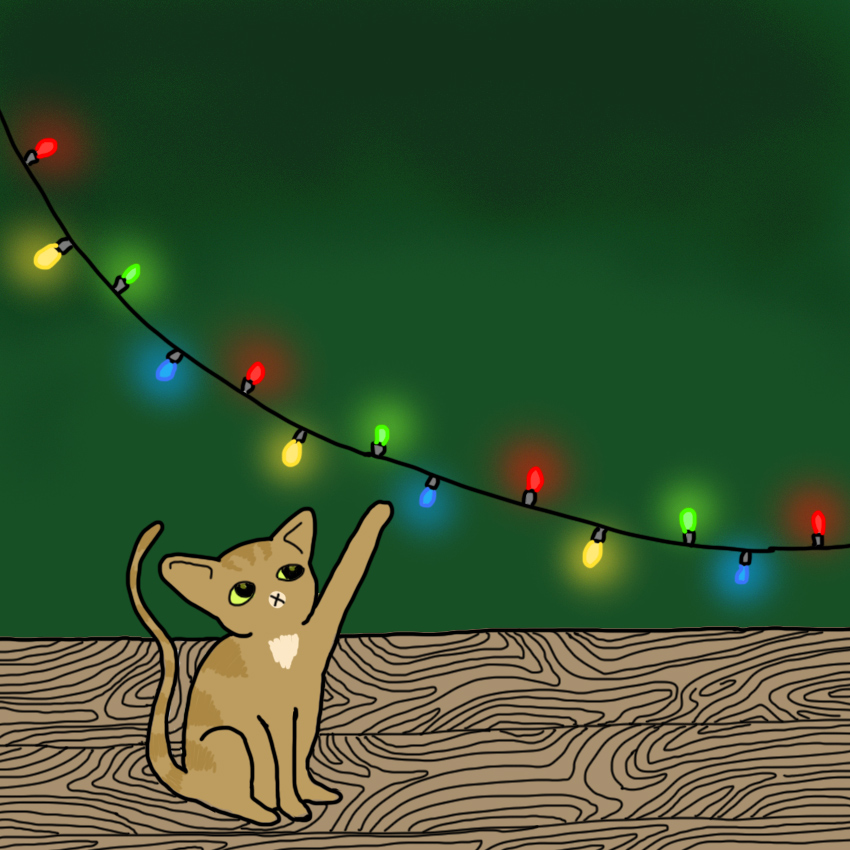
When the holidays roll around, we all start hanging string lights and putting out other decorations.
The problem with this is that some pets like to chew on and play with wires.
Unplug cords when they're not in use and cover cords with plastic sleeves whenever you can.
Danger #10: Candles
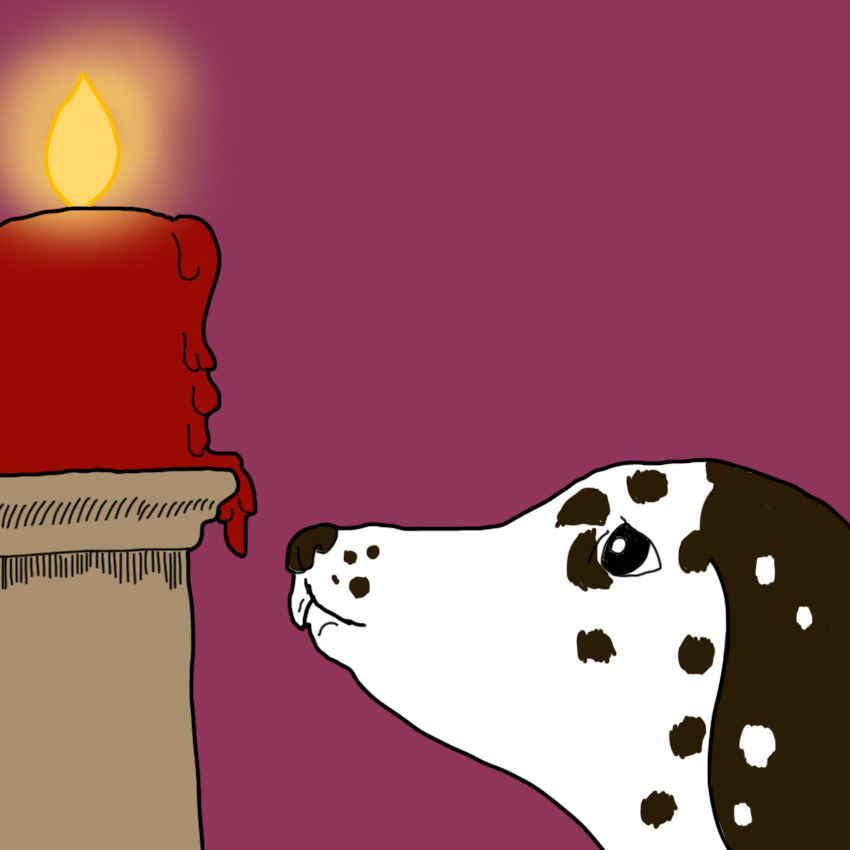
Pets love sniffing around, especially any times there are new smells to check out.
Dogs and cats don't always understand that candles are hot, especially the wax.
To be safe, keep candles in areas pets can't reach them.
If you love your fur babies and want to keep them safe this winter, please SHARE this article with your friends!




